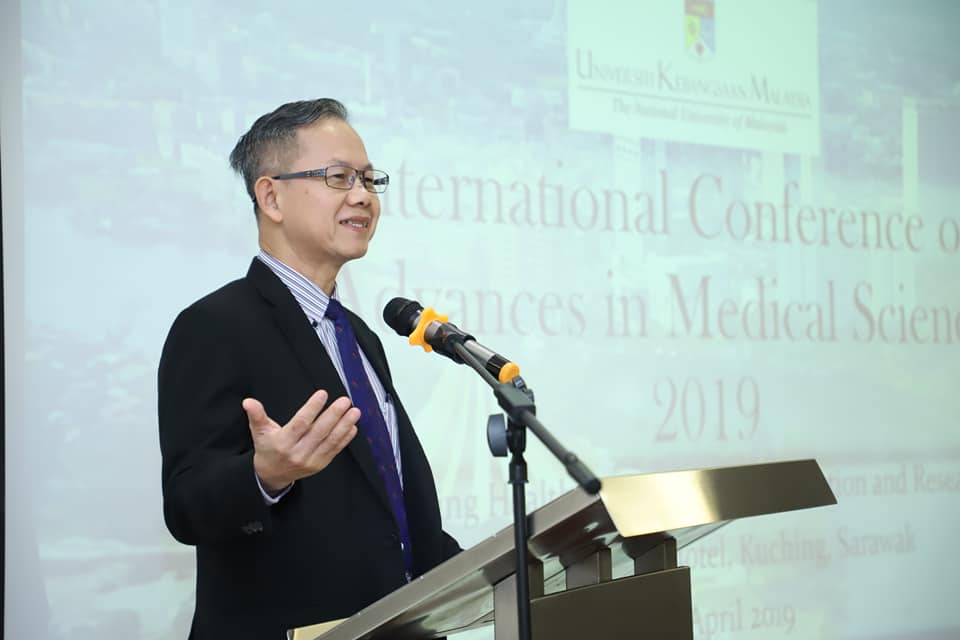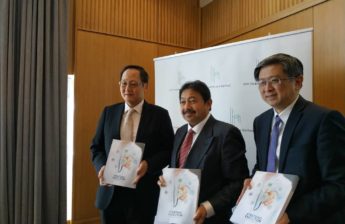KUALA LUMPUR, Nov 4 — The Ministry of Health (MOH) is burning the midnight oil to finetune the controversial Poisons (Amendment) 2019 Bill before the Dewan Rakyat meeting ends tomorrow.
MOH has come under fire from several medical groups and lawmakers for proposed amendments to the Poisons Act 1952 that would effectively criminalise doctors, dentists, and veterinarians who decline to issue medicine prescriptions requested by patients.
Health Minister Dzulkefly Ahmad has since said he is mulling changing this to read as misconduct or a breach, instead of the proposed maximum five years’ imprisonment, a fine of up to RM50,000, or both.
Dzulkefly’s deputy, Dr Lee Boon Chye, told CodeBlue, that the amendment Bill, which has gone through its first reading in Parliament’s lower house, will be subsequently reviewed as announced by the minister recently.
This is to avoid criminalisation if doctors, dentists, and veterinarians do not give patients prescriptions upon request, he said.
“We are supportive of giving prescription upon request by patients after consultation,” he added.
However, with two days to go before the current Dewan Rakyat meeting ends, Dr Lee said it would not be possible for the new draft of the amendment Bill to be tabled in Parliament today, for second reading.
“We are still working on the details and if we cannot get the amendment draft by (today), it will be delayed until March 2020,” he said.
Tomorrow is the last day of the current Dewan Rakyat meeting. Parliament will convene again next March.
The amendment Bill, however, is slated to be proposed for second reading in the Dewan Rakyat today.
Asked if there was a chance for the new amendment Bill to be tabled after all today, Dr Lee said Dzulkefly would make the final call.
Dr Lee, meanwhile, shot down an allegation by a physicians’ group that the amendment Bill was a “backdoor entry” for dispensing separation, where doctors prescribe medication while pharmacists dispense the drugs to patients.
Currently, many private clinics by general practitioners do not issue prescriptions unless requested by their patients because they typically dispense the same medicines that they prescribe, amid low consultation fees capped by legislation at the same rate of RM10 to RM35 for almost three decades.
“We have no plans for dispensing separation at the moment,” the deputy health minister said in a comment directed at Medical Practitioners Coalition Association of Malaysia president Dr Raj Kumar Maharajah, who raised the issue yesterday.
Dr Raj Kumar made reference to an attempt to raise a Bill on dispensing separation by the previous Barisan Nasional administration in 2015, but it was halted because of opposition from doctors’ groups who claimed that their input was not included.
A meeting in Port Dickson, Negri Sembilan, that was organised by the government later that year following the incident concluded with stakeholders agreeing that dispensing separation can only come in once there is a national health insurance scheme.
Malaysia’s public health care system is currently financed by general taxation, rather than a social health insurance scheme.








